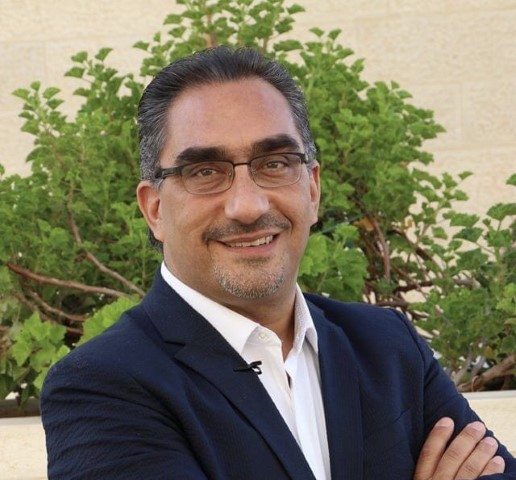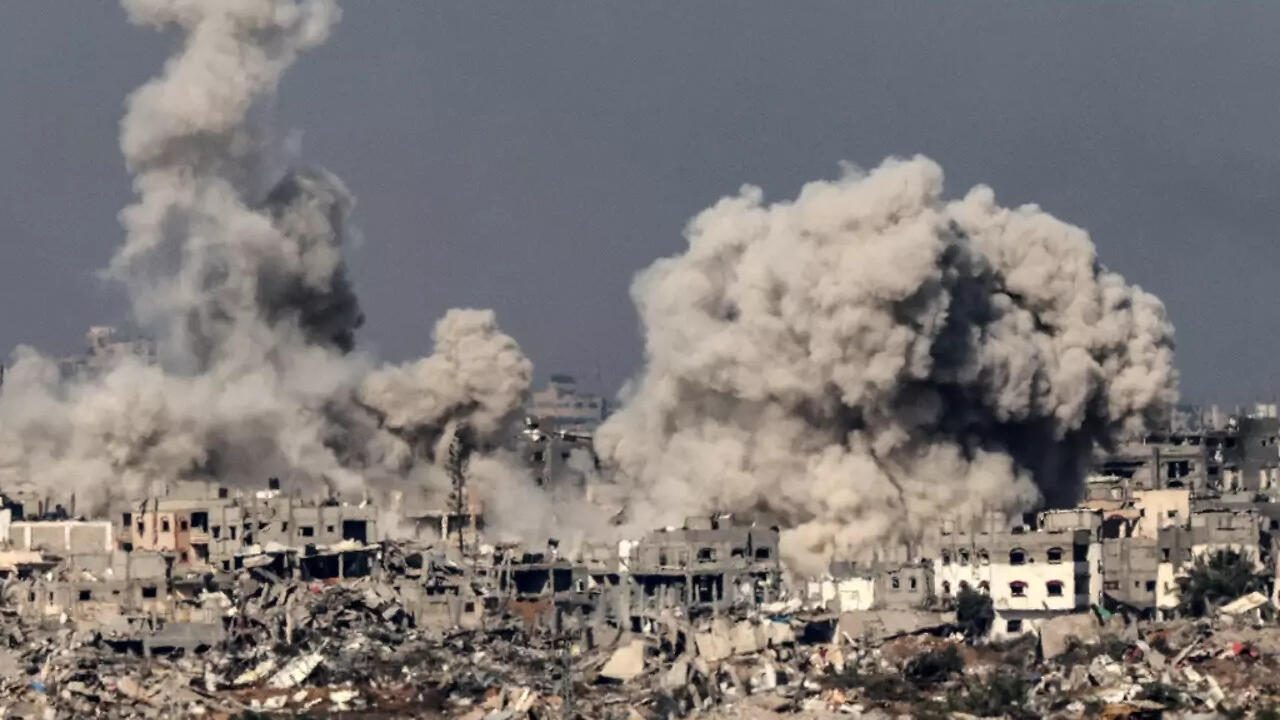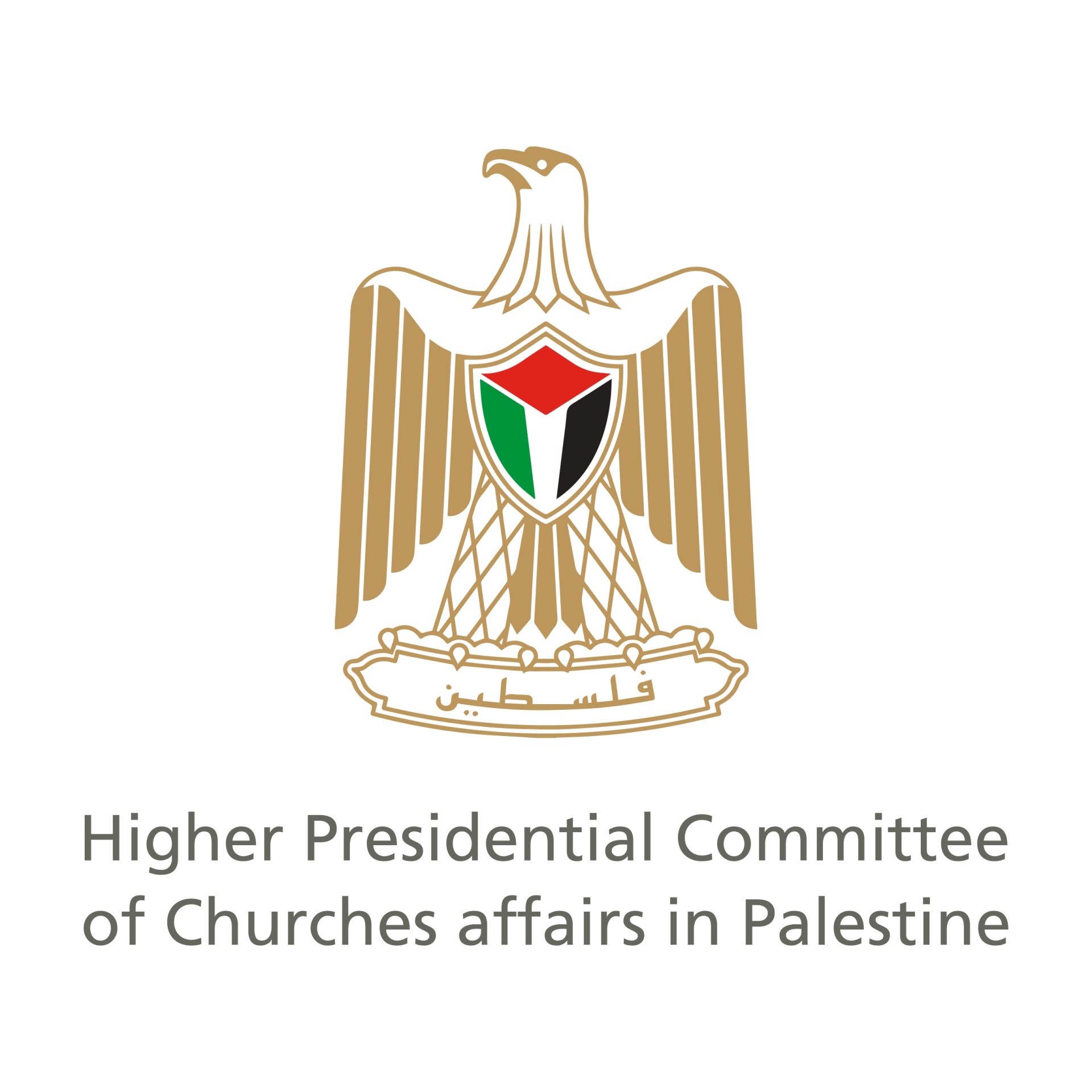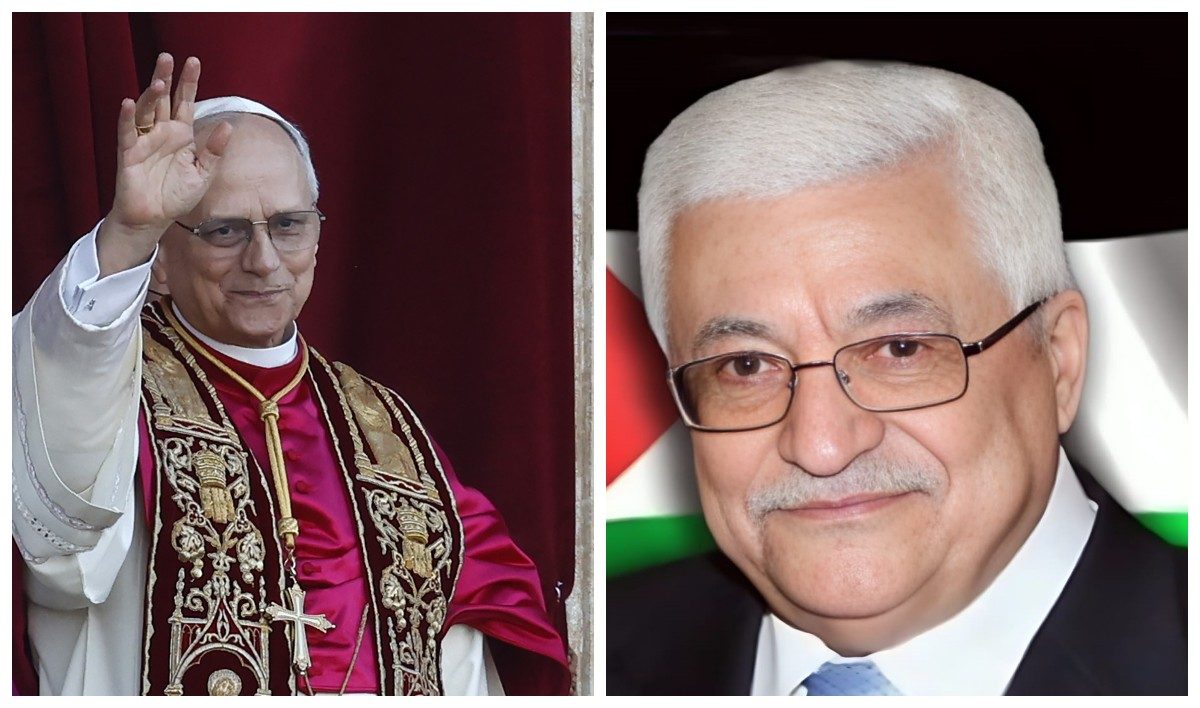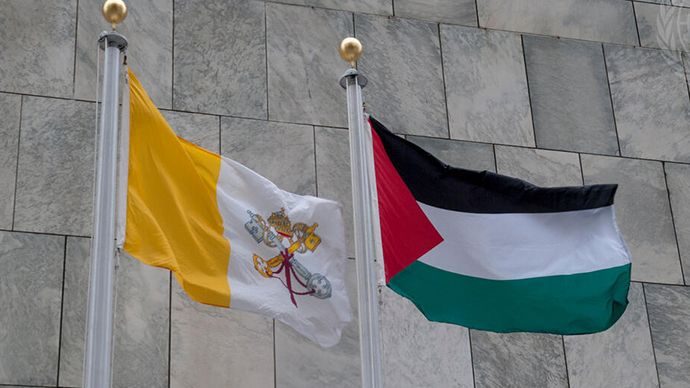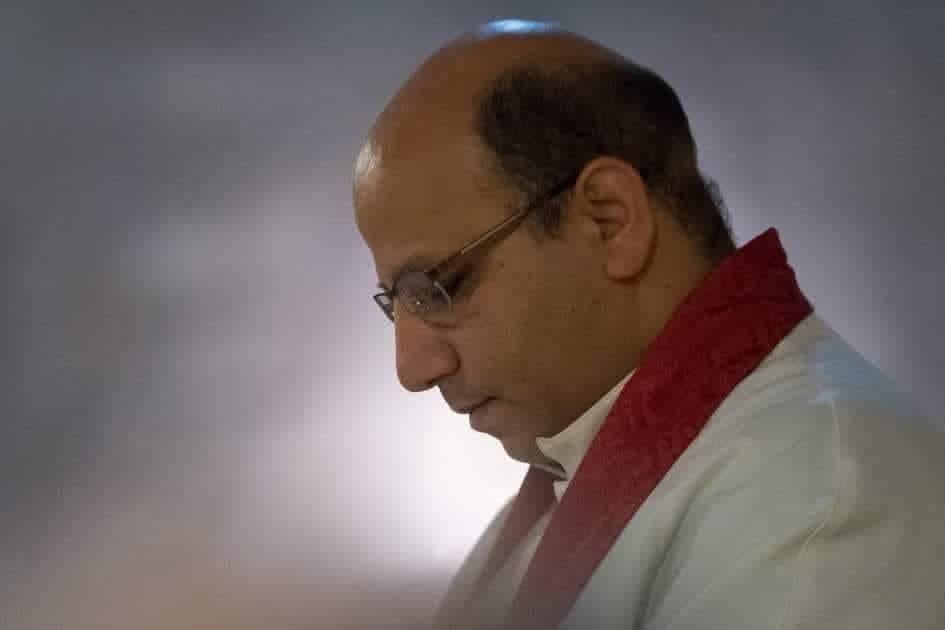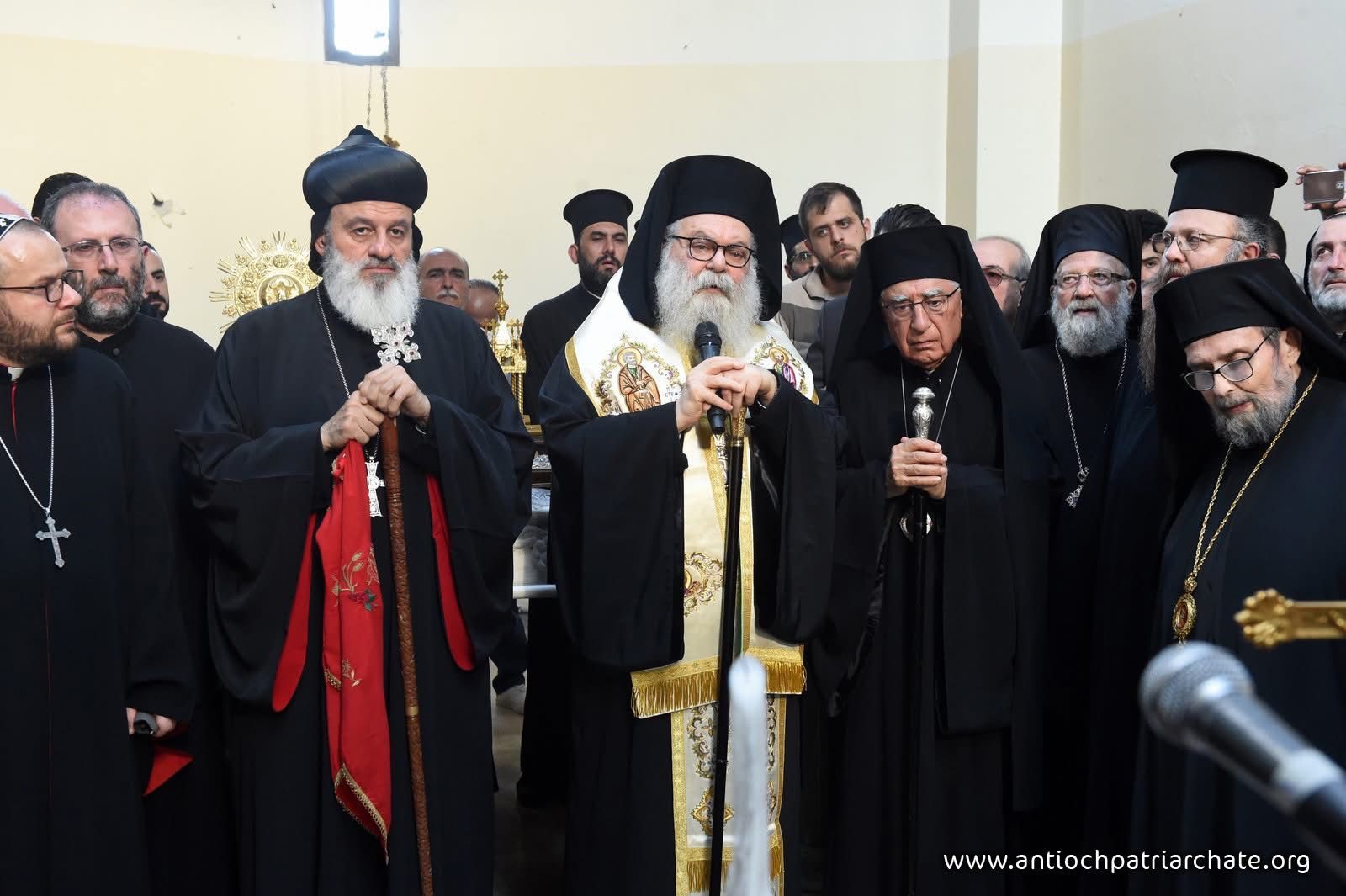Do you know about the nakba? Every year, when Israel commemorates the founding of the nation, the Palestinian people commemorate the nakba, which in Arabic means catastrophe.
Why was it a catastrophe? In just a few weeks time, over 500 Palestinian villages were depopulated, and about 750,000 people made homeless. After all of this time, neither that generation nor any of their descendants have been allowed to return to their homes or villages.
Many fled their homes with their keys in their pockets, never imagining that they’d never set foot inside them again. For us, it was an experience of deep trauma that remains with us to this day and is indeed ongoing. I do not have time to delve into all of the issues here, but suffice it to say that without a resolution to the wider situation, our nakba has not yet come to an end. It continues in the Occupied Palestinian Territories and parts of Israel, where Palestinian homes, villages, and resources continue to be made at risk.
At the anniversary of the seventy-second year since the Palestinian nakba, a catastrophic decision has been made by the new Israeli government, which has just been formed based on a coalition of the right-wing Likud party led by Prime Minister Netanyahu and the “centrist” Blue and White party led by Ganz.
Anyone who has been following the news here knows that it took the Israeli government three elections and political games on many sides in order to finally form the current government. This unity coalition was certainly not expected by the Israeli voting public, and many people do not anticipate it to last – but for now, politics is politics!
A major agenda that was proposed by this new government, and encouraged by the current U.S. administration, is the annexation of over thirty percent of the West Bank — an area that is home to hundreds of Palestinian communities. Of course, thousands of acres of homes and land and resources that belong to Palestinians will be confiscated at the moment Israel declares its sovereignty over them.
Sadly, every time Israel makes a unilateral decision on issues related to the Land, it puts another nail in the coffin of the peace process as well as the two-state solution that was supposed to happen a long time ago.
As an Evangelical leader that was born and raised in this conflict-torn land, it grieves me deeply to see how many opportunities have been missed during my lifetime to achieve agreements that could lead to peace and justice for all in the Holy Land.
Certainly, it is also very painful to see how many Evangelical leaders from other parts of the world take an oppositional stance towards any agreement leading to a just peace for both nations.
It is very disappointing, to say the least. I have already written several articles on this subject, expressing how so many of those so-called “Evangelical leaders” have not been helpful in achieving peace here.
Instead, they encourage the American administration to give green light to Israeli aggression and veto anything the UN tries to do in order to stop the Israeli injustices towards our people. Thus, instead of helping to bring peace, they are some of the leading voices who continue to throw kerosene on the fire.
Because people sometimes tend to lump all Evangelicals together, let me remind my friends that several years ago, many Evangelical leaders from the World Evangelical Alliance took stand for a two-state solution, issuing this important statement:
“The Bible clearly teaches that God longs for justice and peace for all people. We believe that the principles about justice taught so powerfully by the Hebrew prophets apply to all nations, including the United States, Israel, and the Palestinians. Therefore we are compelled to work for a fair, negotiated solution for both Israelis and Palestinians. We resolve to work diligently for a secure, enduring peace and a flourishing economy for the democratic State of Israel. We also resolve to work for a viable permanent, democratic Palestinian State with a flourishing economy that offers economic opportunity to all its people. We believe that the way forward is for the Israelis and Palestinians to negotiate a fair, two-state solution…..
“We call on all evangelicals, all Christians, and everyone of goodwill to join us to work and pray faithfully in the coming months for a just, lasting two-state solution in the Holy Land. We call on all involved governments to work diligently toward this goal. And we covenant to pray for the leaders of all the nations engaged in this effort, hoping for them the blessing of our Lord, who said, ‘Blessed are the peacemakers.’ As we work and pray, we are strengthened by the truth that Christ will return someday to complete his victory over sin and injustice, and we are empowered by the knowledge that until He comes again, He summons us to support the things that promote peace and justice for everyone in the Holy Land.”
I consider these voices to rightly represent the true heart of Evangelicalism and I wish that more Evangelical Christians around the world would also take such a courageous stand. Indeed, I can only hope and pray that more of them will write and speak on this subject in such as spirit as has been expressed above, rather than vehemently upholding a system that favors one nation over the other and advances an agenda that can only continue to bring more harm and suffering to the two nations.
As we mark the seventy-second year of the nakba, I call upon Christians around the world to help us say enough of the injustice and to join us in prophetically speaking against systems that instill suffering and strife on a weak and almost helpless people.
I plead with them to join me in these prayers:
•Pray that the Israeli leaders will come to their senses and act in wisdom towards the Palestinians.
•That there will be no more land stolen from the Palestinians and instead, a just and righteous agreement that is equitable for all will be reached.
•That violence from all sides would stop and many innocent lives will be spared.
•That refugees and poor people will be taken care of and their suffering will decrease.
I close with these powerful words the Lord Himself, praying that my fellow believers around the world will begin to take them as seriously as they take other parts of the Bible:
“This is what the LORD Almighty said: ‘Administer true justice; show mercy and compassion to one another. Do not oppress the widow or the fatherless, the foreigner or the poor. Do not plot evil against each other” (Zechariah 7:9,10).

